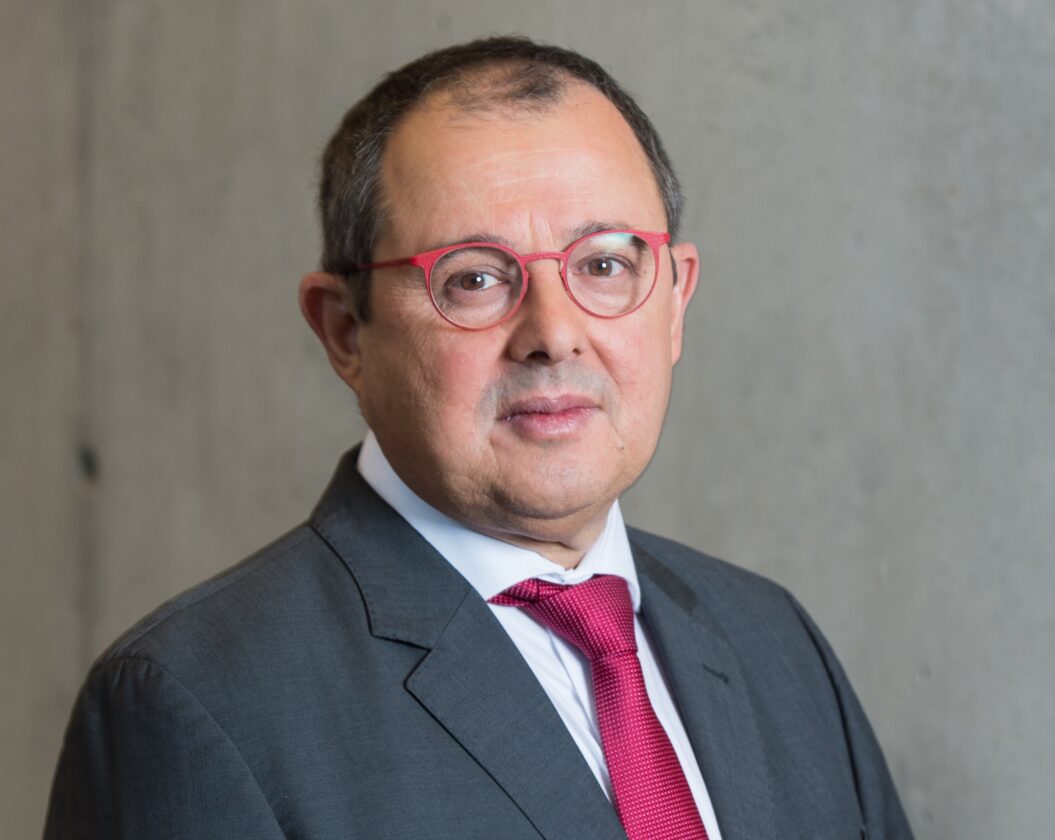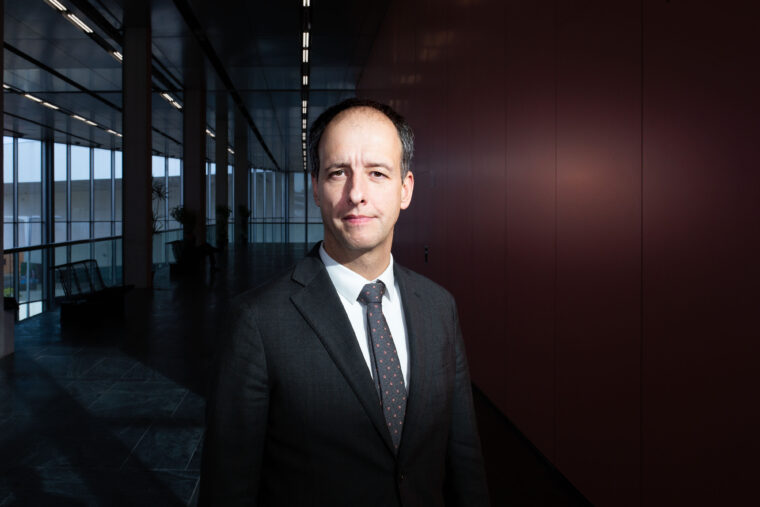Portuguese people who stand out abroad are helping to find out where business opportunities are and what kind of companies and activities the country can attract. An initiative that brings together Negócios and the Portuguese Diaspora Council.
1- What led you to leave Portugal?
It’s the early 70s, in Caldas da Rainha, and my parents want, more than an academic education for their children, also a civic education. This conviction of theirs led them to send me alone at the age of 15 to Belgium to continue my studies and discover what living in a democracy means.
Two years later my father passed away, making it difficult for my family to continue financing my studies abroad. Being an excellent student, the Belgian school authorities decided to support me to continue my higher studies. To live, I studied and worked at the same time, which is why my CV starts with a position as a cook in a large international hamburger company.
In the same course, a Belgian girl studied who was the first qualified electromechanical engineer in Belgium. That girl has been my wife for 42 years.
2- What advantages or disadvantages does being Portuguese bring you?
At the time, Portugal was not part of the “common market”. In Belgium, there were two types of Portuguese emigration: political refugees and mine workers. These two populations coexisted and were well accepted by the Belgian population. Even though Portugal was an exotic country at the time, for the Belgian population, the Portuguese people’s ability to integrate and the locals’ warm welcome made my life easier.
3- What obstacles did you have to overcome and how did you do it?
Not knowing the language and being away from my family at the age of 15 were obstacles that I overcame thanks to the warm welcome of the Belgian people, long-distance family support and an immense amount of willpower to make the expatriation a personal and family success.
Entering the job market was a little more complicated, but marriage made things easier to be able to reside in the country.
In my professional life there were no obstacles and fortunately I was able to evolve in the European industrial world from Belgium. Professional development in international private companies is basically linked to merit and results obtained in the position.
4- What do you admire most about the country where you are?
The sense of consensus and Belgian humor.
But, beyond that, this country gives everyone the possibility of having access to health, education, and culture. Not everything is perfect, but I think it can be an example for many countries.
Belgium also has confidence in young graduates when they enter working life. These young people do not need to undertake professional integration “internships” and obtain salaries that allow them to be independent from their families. And Youth is the future of the World.
Belgian diplomacy, like Portuguese diplomacy, is recognized for its ability to find solutions and holds important positions in different international organizations. This represents an asset for the development of commercial activities at an international level.
5- What do you most admire about the company or organization where you work?
John Cockerill is a family group that has existed for 200 years. Since then, this engineering group has experienced ups and downs, but has always survived thanks to the spirit of innovation and its entrepreneurial vision, always trying to respond to the needs of tomorrow.
It was in our group that the first steam locomotive in Continental Europe was manufactured, as well as the first engine made by Rudolf Diesel, curiously for which our engineers did not foresee a bright future. As it turns out, it’s not always wise to give credit to engineers.
Today, supported by more than 6000 talents, with a presence in 24 countries and on 5 continents, we are present in the areas of engineering, the steel industry, solar plants, biometanisation, industrial maintenance, and we are one of the largest groups in the world to build electrolysers to produce green hydrogen.
We thus confirm that we continue to invest in Vision and Technological Innovation to guarantee the perpetuity of our company.
6- What recommendations would you give to Portugal and its entrepreneurs and managers?
Portugal cannot just be a tourism country; we have to develop industrial or service activities with added value. Two conditions are necessary: an entrepreneurial spirit and talents to develop activities. To retain talent, which is well trained in Portuguese schools, from professional schools to universities, it will be necessary to increase salaries, avoiding the flight of qualified labor abroad. To increase wages, it will be necessary to develop activities with greater added value, and thus the virtuous circle is closed. Regarding the areas or sectors to be developed, I think that Portugal could become the country of renewable energy and new technologies, positioning itself as an exporter in these sectors.
7- In which sectors of the country where you live could Portuguese companies find customers?
To complement energy and new technologies, as mentioned, I think that food and wine products could also be a major export segment. As for services, considering the quality of our IT equipment and the quality of our talents, technological or administrative service centers could be an axis of development.
8- In which sectors in Portugal could companies from the country where you live want to invest?
Certainly, throughout the industry associated with renewable energy and new technologies. Portugal is no longer considered a “low cost” country today. Therefore, any investment to be made in Portugal by foreign companies will be due to the technological or market advantage that the country can give them.
9- What is the competitive advantage of the country you live in that could be replicated in Portugal?
One of Belgium’s competitive advantages is that it is able to retain talent, because the average standard of living is correct, and access to education and healthcare is guaranteed. A country’s competitiveness will depend on its carbon footprint, and, in this context, the incentives to invest in housing insulation, as well as in the local production of green energy in private homes, are also worth highlighting. And, last but not least, promoting industrial and service activities in “niche” products and services is also one of the Belgian advantages. For those who didn’t believe it, just think about Belgian beer and chocolates, as products that prove the success of this strategy.
And finally, the Belgian productivity rate is very high – this is due to high levels of automation in operational and service jobs. This fact allows companies to maintain their competitiveness, even with high salaries compared to the rest of Europe.
10- Are you thinking of returning to Portugal? why?
No. Although my roots are in this piece of land and in these people that I love so much, family is essential, and grandchildren are the light that keeps me on the path of life. Therefore, I will continue, with my wife Claudine, to share our time between the two countries that are close to our hearts.






